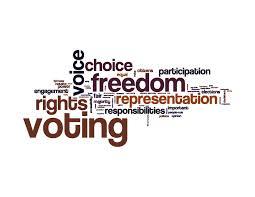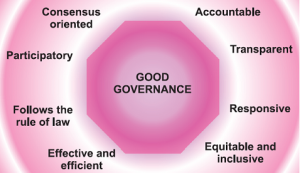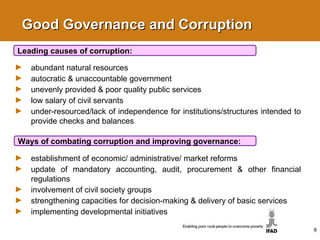Good governance is a concept that refers to the effective and responsible management of a country or organization. It involves the fair and accountable use of power and resources, as well as the rule of law and respect for human rights. Good governance ensures that the needs and interests of all members of society are taken into account, and that decisions are made in the best interests of the community as a whole.
There are several key characteristics of good governance. These include transparency, accountability, participation, rule of law, and responsiveness.
Transparency means that information about the decision-making process and the use of resources is readily available to the public. This helps to ensure that citizens are able to hold their leaders accountable for their actions, and that decisions are made in an open and fair manner.
Accountability refers to the idea that those in positions of power are answerable for their actions. This means that they must be able to justify their decisions and be held responsible for any negative consequences that may arise as a result.
Participation means that all members of society have an opportunity to have their voices heard and to influence decision-making processes. This helps to ensure that the needs and concerns of all members of the community are taken into account.
Rule of law refers to the idea that all members of society, including those in positions of power, are subject to the same laws and regulations. This helps to ensure that there is fairness and equality in society, and that those who break the law are held accountable for their actions.
Responsiveness refers to the idea that the government is responsive to the needs and concerns of its citizens. This means that it is able to adapt to changing circumstances and address the needs of the community in a timely and effective manner.
Bad governance, on the other hand, is characterized by the opposite of these traits. It may involve corruption, abuse of power, lack of transparency, and a lack of accountability. This can lead to a variety of negative consequences, including social unrest, economic inequality, and a lack of trust in the government.
In conclusion, good governance is essential for the well-being and prosperity of any country or organization. It involves the fair and responsible use of power and resources, and ensures that the needs and interests of all members of society are taken into account. On the other hand, bad governance can have serious negative consequences for a community, and can undermine trust and confidence in the government.








